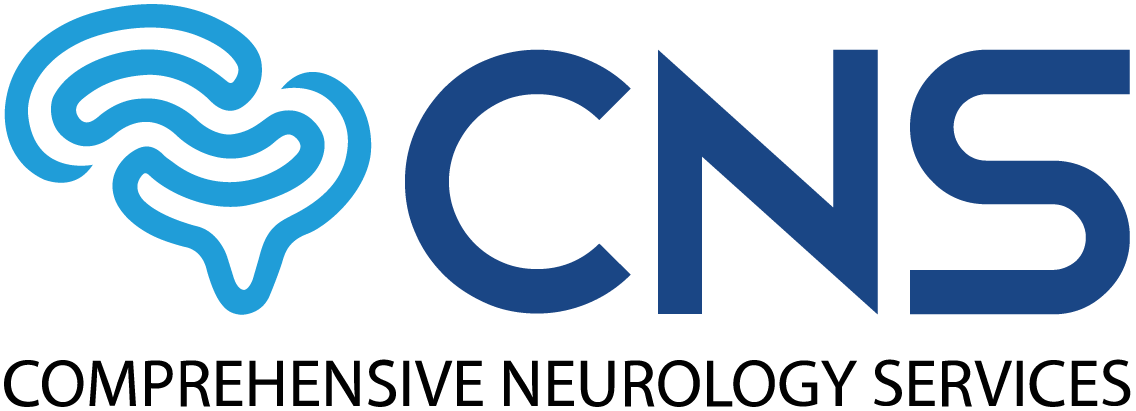
NIH funds effort to customize treatment of movement impairments
Existing treatments for movement impairments are “off the rack” rather than “custom-tailored,” but B J Fregly, a Rice University professor of mechanical engineering and bioengineering, wants to change that situation.
Fregly’s lab in the George R Brown School of Engineering has received a National Institutes of Health Research Project Grant to develop open-source software for designing individualized treatments for movement impairments using computational modeling and simulation.
The 4-year, $2.4 million grant is administered by the National Institute of Biomedical Imaging and Bioengineering.
The software will make it easy to create personalized computer models of individual patients and optimize treatment.
The personalized models account for each patient’s unique movement control, muscular and skeletal characteristics, while optimization makes it possible to identify better treatment solutions than could be found through clinical intuition. Clinical applications of the software include the design of custom-tailored neurorehabilitation protocols for stroke, physical therapy interventions for osteoarthritis and orthopedic surgery plans for bone cancer.
“The goal of most neuromusculoskeletal modeling research is improving the way we treat movement impairments,” said Fregly, who came to Rice in 2017 as a CPRIT Scholar in Cancer Research. “Though such models have become much more realistic in recent years, they still have not made a positive impact on the design of clinical treatments.
“This lack of clinical impact is surprising, given that comparable computational technology has transformed the design of airplanes, automobiles and other commercial products,” he said. “However, a computational approach to treatment design requires reverse-engineering a model of a patient’s neuromusculoskeletal system, which is extremely challenging.”
Though some researchers and clinicians remain skeptical about computational treatment design, Fregly believes the time is right to pursue the new approach, which he has already used to design a patient-specific rehabilitation treatment for knee osteoarthritis.
“With recent improvements in computational modeling capabilities, our ability to personalize a neuromusculoskeletal model to represent a specific patient and then use that model to predict an optimal treatment is no longer science fiction,” he said. “All we need is the right tool to simplify the model personalization and treatment optimization process.”
In the short term, Fregly suggests identifying a subset of movement impairments that are amenable to computational treatment design. “This way,” he said, “the field could generate some initial clinical ‘wins’ that would help propel it across the threshold of clinical utility and open up a new paradigm for treatment design.”
Source: News Release




